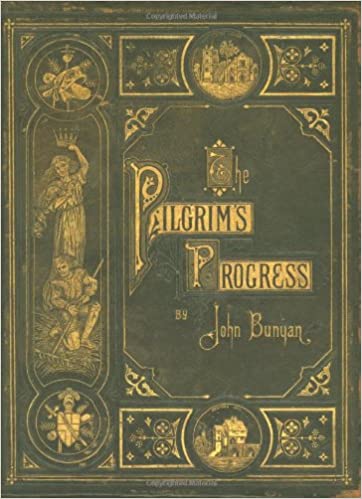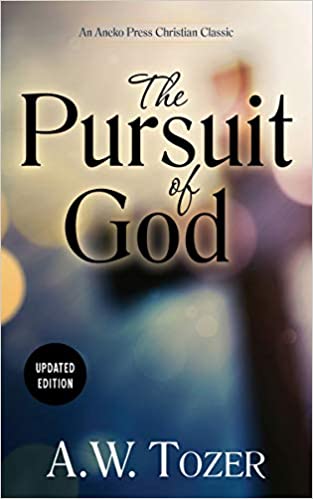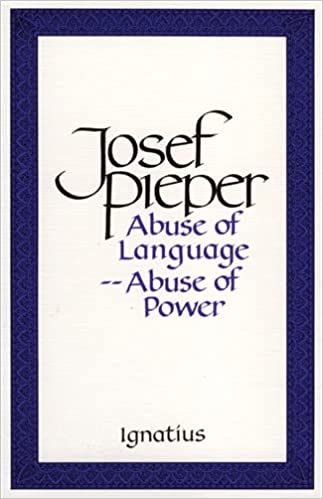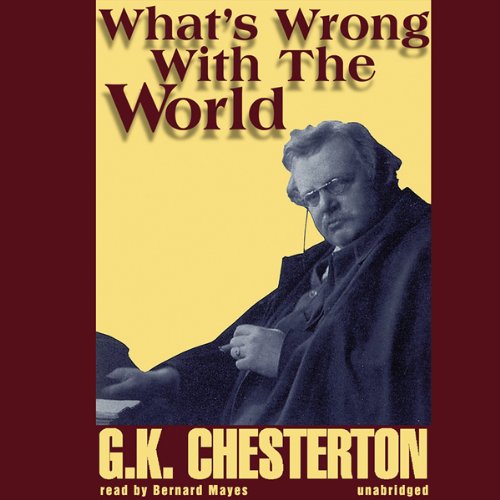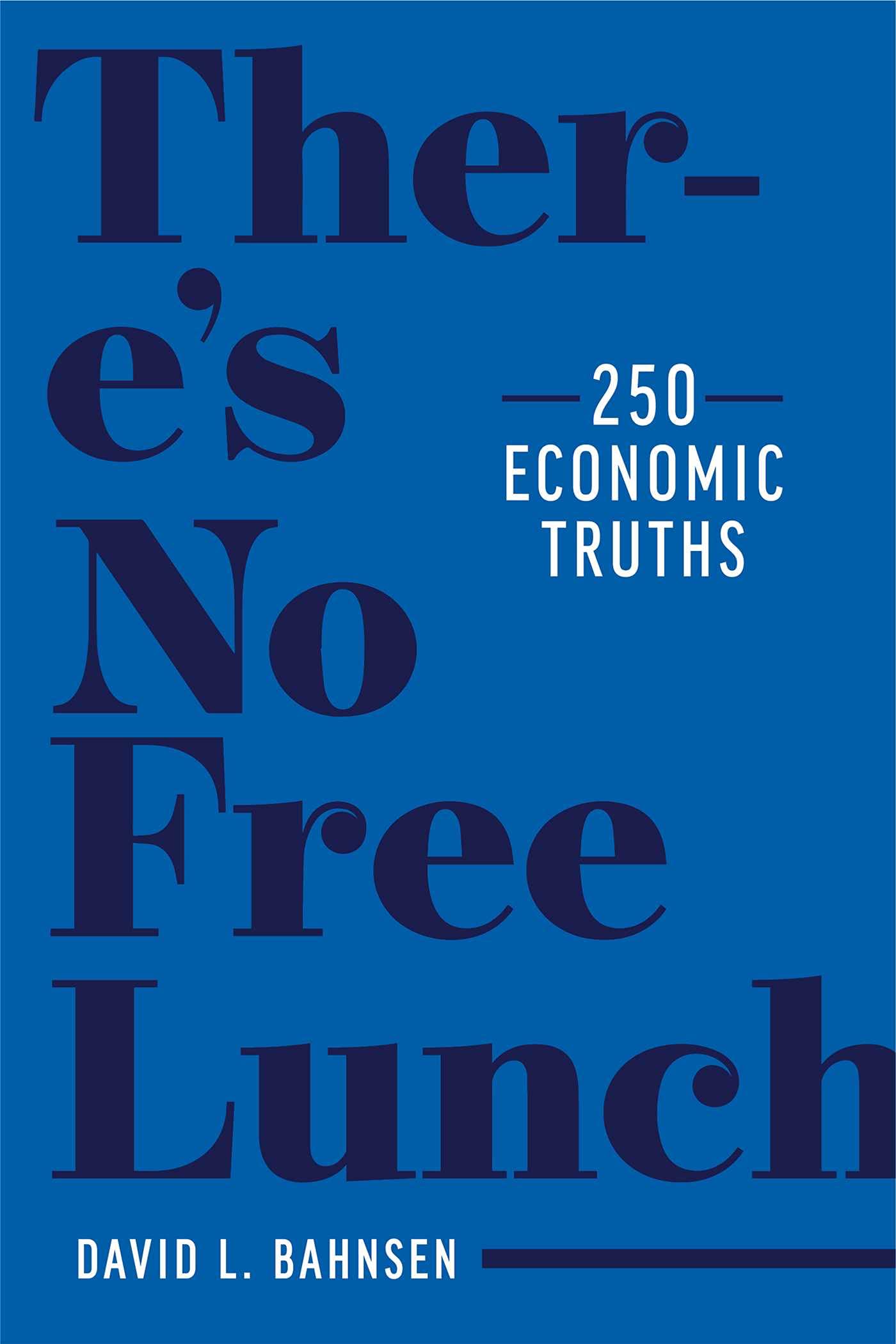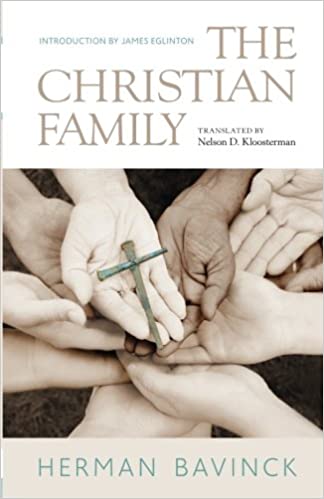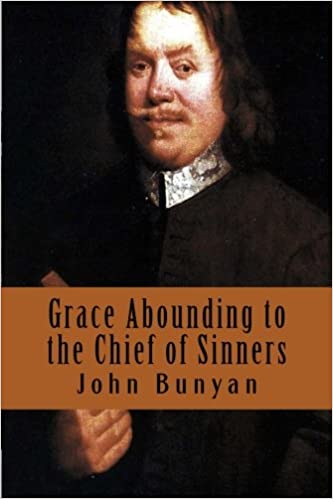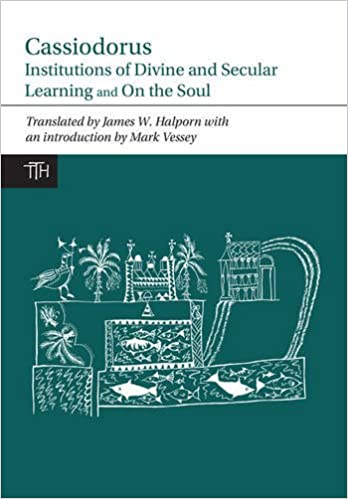Christian
The Pilgrim’s Progress
Boasting 860 pages, Bunyan's compilation has been meticulously reproduced from a 125 year old manuscript, keeping its vintage double-column format, large print, and font. A rare keepsake worthy of any library, this edition of Pilgrim's Progress includes these five classics by John Bunyan.
- THE HOLY WAR (Page 377 - 684) A discourse of trial made by Shaddai upon Diabolus, for the Regaining the Metropolis of the World; or, the losing and taking again of the Town of Man-soul.
- GRACE ABOUNDING TO THE CHIEF OF SINNERS (Page 685 - 688) A detailed and faithful account of the Life of John Bunyan including his imprisonment, recovery and conversion to becoming a faithful follower of Jesus Christ.
- THE IMPRISONMENT AND RELEASE OF JOHN BUNYAN (Page 689 - 703) --includes dialgoue with Dr. Lindale and the Justices; examination by the Justices, and by Mr. Cobb, the clerk of the peace; interview with his wife and Judge Hale.
- BUNYAN'S DYING SAYINGS (Page 704 - 767) --Of sin; of affliction; repentance and coming to Christ; of prayer; Lord's day and daily duties; love of the world; of suffering; death and judgment; the joys of heaven and torments of hell.
- CHRISTIAN BEHAVIOUR; (Page 768 - 800) thoughts concerning true Christianity and how to walk so as to please God.
Also included are footnotes, commentary, and Scripture references missing in the small paperback editions of Pilgrims Progress.
Bunyan's Pilgrim's Progress with featured writings is the size of a family Bible. It is dressed in a golden-embossed hard cover with gold-tipped, parchment-like paper and satin ribbon bookmark. Fine art quality, full color as well as black and white illustrations are found throughout.
More info →The Pursuit of God
To have found God and still to pursue Him is a paradox of love, scorned indeed by the too-easily-satisfied religious person, but justified in happy experience by the children of the burning heart. Saint Bernard of Clairvaux stated this holy paradox in a musical four-line poem that will be instantly understood by every worshipping soul:
We taste Thee, O Thou Living Bread,
And long to feast upon Thee still:
We drink of Thee, the Fountainhead
And thirst our souls from Thee to fill.
Come near to the holy men and women of the past and you will soon feel the heat of their desire after God. Let A. W. Tozer's pursuit of God spur you also into a genuine hunger and thirst to truly know God.
More info →The Convivial Homeschool: Gospel Encouragement for Keeping Your Sanity While Living and Learning Alongside Your Kids
Homeschool days can be long and hard. It's easy to lose sight of what's actually happening in the midst of the day to day. Even when we lose our vision, God does not lose His. While we attempt to teach and disciple our children, we find that it is ourselves needing the instruction and discipleship. We also find that God provides both, using our decision to homeschool to draw us closer to Himself. To continue with love and perseverance, we need confidence not in our work but in God’s. These thirty readings will lift up your eyes and spirit so you can focus on what truly matters while doing the daily work of educating your kids.
More info →Abuse of Language, Abuse of Power
One of the great Catholic philosophers of our day reflects on the way language has been abused so that, instead of being a means of communicating the truth and entering more deeply into it, and of the acquisition of wisdom, it is being used to control people and manipulate them to achieve practical ends. Reality becomes intelligible through words. Man speaks so that through naming things, what is real may become intelligible. This mediating character of language, however, is being increasingly corrupted. Tyranny, propaganda, mass-media destroy and distort words. They offer us apparent realities whose fictive character threatens to become opaque. Josef Pieper shows with energetic zeal, but also with ascetical restraint, the path out of this dangerous situation. We are constrained to see things again as they are and from the truth thus grasped, to live and to work.
More info →What’s Wrong with the World
In this important book, G.K. Chesterton offers a remarkably perceptive analysis of social and moral issues, even more relevant today than in his own time. With a light, humorous tone but a deadly serious philosophy, he comments on errors in education, on feminism vs. true womanhood, on the importance of the child, and other issues, using incisive arguments against the trendsetters’ assaults on the common man and the family.
Chesterton possessed the genius to foresee the dangers of implementing modernist proposals. He knew that lax moral standards would lead to the dehumanization of man. In this book, he staunchly defends the family against those ideas and institutions that would subvert it and thereby deliver man into the hands of the servile state. In addressing what is wrong, he also shows clearly what is right, and how to change things in that direction.
More info →There’s No Free Lunch: 250 Economic Truths
The best way to defend the cause of human flourishing against this current onslaught of dangerous economic thinking is to relearn time-tested economic truths.
The verdict is in: Free enterprise has lifted billions of people out of abject poverty all over the world and provided a higher quality of life than has ever been thought possible. But a growing case is forming in public opinion against free markets, and for a significantly larger command & control management of the economy. Whether you call it socialism or progressive leftism, more and more people are turning away from the forces of freedom and social cooperation that made the last two hundred years of prosperity possible, and embracing a system that deprives human beings of their dignity, impoverishing whole societies both financially and spiritually.
What David Bahnsen does here is pull from the masters—the great economic voices of the past and the present—to remind readers of the basic economic truths that must serve as our foundation in understanding the challenges of today. In 250 vital points, he combines pearls of wisdom from economic legends with his own careful commentary to provide readers the perspective, information, and reaffirmation they need in order to see economics for what it is. It will empower you and equip you with the truth—250 truths—that are crucially needed to keep the lights on in civilization and advance the cause of human flourishing.
More info →The Rule of Saint Augustine: with Commentary by Hugh of St. Victor
The Rule of Saint Augustine, written Augustine of Hippo (354-430), is a brief document which served as a guide for the servants of God. It is the oldest monastic rule in the Western Church. The Rule addresses chastity, poverty, obedience, worldliness, labor, hierarchy, charity, prayer, fasting and abstinence, care of the sick, silence and host of other questions. It came into use on a wide scale from the twelfth century onwards and continues to be employed today by many orders, including the Dominicans, Servites, Mercederians, Norbertines, and Augustinians.
The Commentary, traditionally attributed to Hugh of St. Victor (c.1096 –1141), offers a wealth of insight on this important document. This edition was translated from the original Latin by Dom Aloysius Smith and formatted for publication by Chaucer House Press.
More info →Beauty for Truth’s Sake: On the Re-enchantment of Education
Based in the riches of Christian worship and tradition, this brief, eloquently written introduction to Christian thinking and worldview helps readers put back together again faith and reason, truth and beauty, and the fragmented academic disciplines. By reclaiming the classic liberal arts and viewing disciplines such as science and mathematics through a poetic lens, the author explains that unity is present within diversity. Now repackaged with a new foreword by Ken Myers, this book will continue to benefit parents, homeschoolers, lifelong learners, Christian students, and readers interested in the history of ideas.
More info →The Christian Family
A century ago when this book was first published, marriage and the family were already weathering enormous changes, and that trend has not abated. Yet by God’s power the unchanging essence of marriage and the family remains proof, as Bavinck notes, that God’s “purpose with the human race has not yet been achieved.” Neither a ten-step guide nor a one-sided approach, this book embodies a Christian theology of marriage and the family. Accessible, thoroughly biblical, and astonishingly relevant, it offers a mature and concise handling of the origins of marriage and family life and the effects of sin on these institutions, an appraisal of historic Christian approaches, and an attempt to apply that theology. Aptly reminding Christians that “the moral health of society depends on the health of family life,” Bavinck issues an evergreen challenge to God’s people: “Christians may not permit their conduct to be determined by the spirit of the age, but must focus on the requirement of God’s commandment.”
More info →Leisure: The Basis of Culture
One of the most important philosophy titles published in the twentieth century, Josef Pieper's Leisure, the Basis of Culture is more significant, even more crucial, today than it was when it first appeared more than fifty years ago. This edition also includes his work The Philosophical Act. Leisure is an attitude of the mind and a condition of the soul that fosters a capacity to perceive the reality of the world. Pieper shows that the Greeks and medieval Europeans, understood the great value and importance of leisure. He also points out that religion can be born only in leisure -- a leisure that allows time for the contemplation of the nature of God. Leisure has been, and always will be, the first foundation of any culture. Pieper maintains that our bourgeois world of total labor has vanquished leisure, and issues a startling warning: Unless we regain the art of silence and insight, the ability for non-activity, unless we substitute true leisure for our hectic amusements, we will destroy our culture -- and ourselves.
More info →Institutions of Divine and Secular Learning
As a minister of the Ostrogothic regime in the time of Theoderic, Cassiodorus had as brilliant a political career as any Roman of the late empire. Around 538 CE he published a collection of his state letters under the title of Variae (TTH 12), and disappeared from the public record. Half a century later, dying at his country estate in Calabria, he left behind the exemplars for another world of texts: that of the Christian universe of Scripture, now encompassing the Seven Liberal Arts.
More info →
